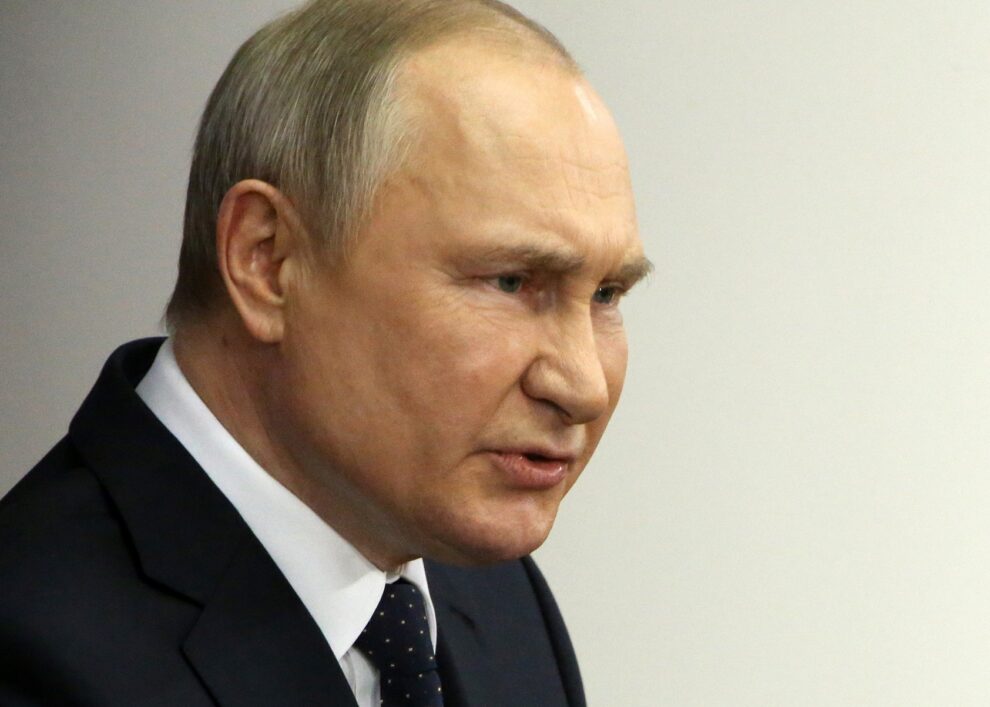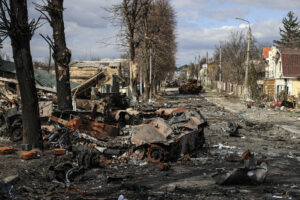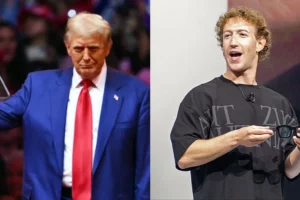When the Soviet Union collapsed more than thirty years ago, American leaders hoped that Russia would embark on a transition to free-market democracy. Shared democratic values, the thinking went, would beget a “democratic peace” and ease cooperation on a range of critical global issues, including strategic stability and European security. As it integrated into the Euro-Atlantic community of free-market democracies, Russia would become a reliable pillar of the U.S.-led, rules-based international order.
Those hopes were irretrievably dashed when Russia seized Crimea and instigated a rebellion in eastern Ukraine in 2014. Its full-scale invasion of Ukraine in February 2022 only reinforced the U.S. conviction that Russia had become a bitter adversary, caught in a vortex of ever-deepening authoritarian practices and imperialist ambitions. Yet the hope lingers that a democratic breakthrough will occur—perhaps in the near term as a consequence of Russia’s defeat in the war against Ukraine, but more likely in the distant future—and lay the foundation for an enduring U.S.-Russia partnership.
The unexamined assumption of most foreign policy experts is that a democratic Russia would be good for the United States. The argument is straightforward: Such a Russia would mark a dramatic break with Russia’s centuries-old authoritarian traditions, which many observers see as the root cause of its antagonistic relations with the United States. Nevertheless, questions would abound. Would a government genuinely accountable to the Russian people conduct a foreign policy that demonstrably breaks away from its historical rivalry with the United States? Would it banish the expansionary impulses that have fueled Russia’s foreign policy for centuries? Would it abandon efforts to dominate the former Soviet space? In short, would it invert the main priorities of Vladimir Putin’s Russia?
The answers are necessarily speculative. There is much we don’t know about the formation of public opinion in Russia. We do know that the Kremlin’s views matter, especially as it enjoys a near-monopoly of the information space in Russia. Russian attitudes toward the United States [in Russian] have, for instance, shifted in line with the Kremlin’s changing assessment of the state of relations. But the influence of Kremlin preferences is presumably less direct and immediate on fundamental views about Russia’s identity as a global power, which have taken shape over time and been passed down from generation to generation.
Eternal Russia?
Being a great power, for example, lies at the core of Russian national identity. In a programmatic document released just before he took over as president in 1999, Putin identifies belief in Russia’s greatness as a key traditional Russian value: “Russia,” he wrote, “was and will remain a great power. It is preconditioned by the inseparable characteristics of its geopolitical, economic, and cultural existence. They determined the mentality of Russians and the policy of the government throughout the history of Russia and they cannot but do so at present.”
Public opinion surveys support that conclusion. Russians want their country to play a large, independent role as a great power on the global stage. A large majority believes [in Russian] that they are a great people and should play a special role in world affairs. But interestingly, when asked what makes a country a great power, Russians place economic prosperity above military prowess. Nothing suggests that they would choose guns over butter in allocating scare budgetary resources, or that they would seek opportunities to expand their country’s international sway through military force.
Yet Russians have generally supported Putin’s assertive foreign policy, especially his effective use of military force abroad. His popularity surged more than fifteen points with his seizure of Crimea in 2014 and his full-scale invasion of Ukraine last year, according to data from Russia’s most reliable, independent polling agency. Despite humiliating military setbacks last fall, steep casualties, and the West’s massive anti-Russian sanctions, Russians in large numbers continue to back Putin’s war against Ukraine. Indeed, contrary to expectations in the West, popular support for the war, if anything, has solidified during the past two years.
The explanation for this seeming paradox lies in another attribute of Russian society. As Putin claimed in his programmatic document, another key traditional Russian value is statism: “Our state and its institutes and structures have always played an exceptionally important role in the life of the country and its people. For Russians a strong state is not an anomaly which should be got rid of. Quite the contrary, they see it as a source and guarantor of order and the initiator and main driving force of any change.” Again, public opinion surveys support that assessment. In particular, Russians are inclined to defer to the state’s judgment when it comes to matters of the country’s security, both external and internal.
In that regard, Russian rulers have long viewed preeminence in what is now the former Soviet space as essential to their country’s security and geopolitical heft, and therefore its standing as a great power. One of Putin’s main goals since he assumed power has been to reassert Russia’s influence across the entire region, with the use of force when necessary, as in the cases of Georgia and Ukraine. That goal resonates with Russians. Today, Russians increasingly identify first with the Soviet Union and only second with Russia itself. They may not be interested in seeing Russia’s borders expand, but the vast majority believe that Russia should act as the guarantor [in Russian] of security throughout the former Soviet space.
There is little to suggest that these views would change significantly should the Kremlin ease its increasingly strict control of the country’s information space. Support for Russia as a great power with a strong state and a preeminent role across the former Soviet Union prevailed before Putin rose to power, when official media censorship more or less did not exist. Tellingly, parties that espoused authoritarian and expansionist policies won solid majorities in Duma elections in the 1990s. When he first took over, Putin reflected popular attitudes; he did not shape them.
Gaullist Russia
In short, Putin’s foreign policy accords with the wishes of the Russian population. And it is reasonable to assume that those wishes would inform the foreign policy of a democratic Russia. Such a Russia could be much less inclined to use force but would still pursue goals at odds with American interests. In this scenario, it would bear a strong resemblance to Gaullist France.
Like Gaullist France, a democratic Russia would likely see a strong state, with a powerful executive, as critical to governing the country and maintaining the unity of a multiethnic population spread across a vast territory. It would almost certainly insist on pursuing an independent foreign policy to advance its national interests, as all great powers do, and on having the instruments to guarantee its security on its own—it would not abandon its large nuclear arsenal, nor would it back away from arms races needed to ensure its global standing. It would doubtlessly prefer a multipolar world to a United States–led international order, where it would play a major role in managing global affairs along with a few other great powers.
U.S. relations with Gaullist France were always prickly, even if in the end the two countries remained allies and came together in meeting the most pressing global challenges. Intergovernmental tensions were moderated to a great degree by the dense network of contacts—commercial, cultural, intellectual, and personal—that provided ballast for relations. That the United States was vastly more powerful than France also helped to temper France’s ambitions, especially because its security ultimately depended on the United States.
Relations with a democratic Russia will be even more trying because those moderating forces do not exist. Societal contacts would likely remain negligible compared to those between the United States and France. At the same time, while the asymmetry in power between Russia and the United States is vast, Russia’s large nuclear arsenal—with the capacity to destroy the United States as a functioning society in thirty minutes—would encourage it to press its interests more vigorously in the face of American objections.
To be sure, a democratic Russia would be infinitely better for the United States than today’s autocratic state under Putin. Shared values would foster trust and create more opportunities for constructive dialogue and cooperation, especially on global challenges. But the United States must resist the temptation to believe a successful democratic transition in Russia will solve all of the relationship’s challenges. On the contrary, elements of rivalry will remain and will have to be carefully managed.
Dealing with Russia has never been easy. A democratic Russia would not alter that fundamental truth.
Source: CFR









